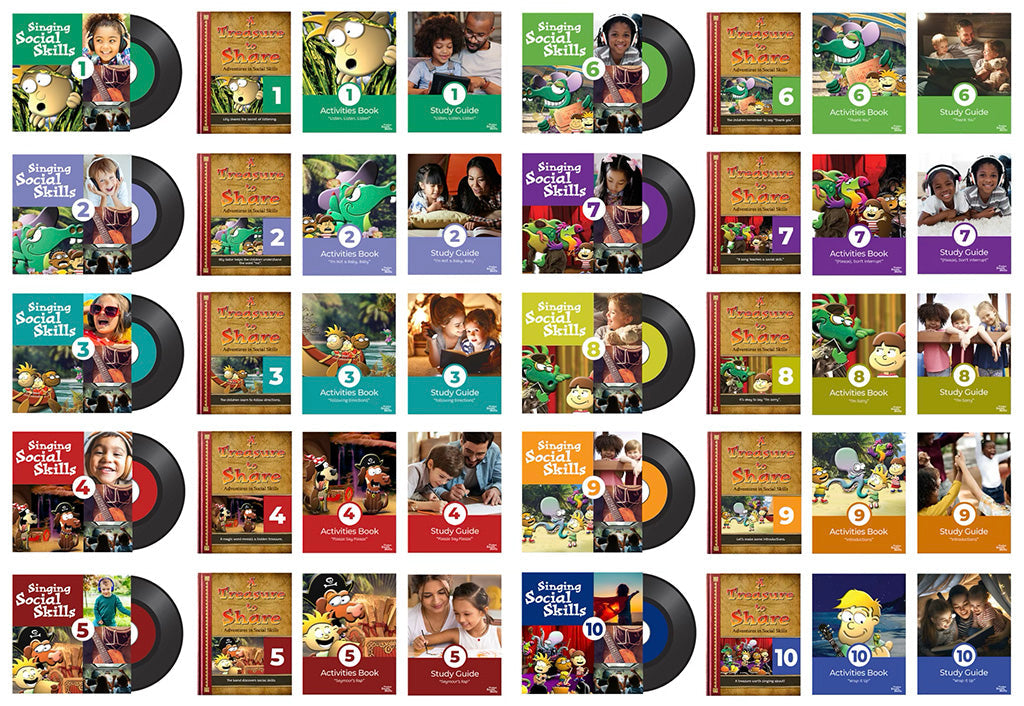Music and Language Skills: Why Singing Helps Speech Development
Music and language are deeply connected, and research shows that singing can play a vital role in speech development. From improving pronunciation to expanding vocabulary, singing offers a fun and engaging way to strengthen language skills for learners of all ages.
How Singing Supports Speech Development
- Enhances Pronunciation and Articulation Singing involves stretching sounds and syllables, giving learners more time to practice pronunciation. Melodic patterns make it easier to distinguish sounds, helping with articulation and clarity.
- Boosts Vocabulary and Grammar Songs often introduce new words and phrases within meaningful contexts. Through repetition, learners internalize grammar patterns and sentence structures without feeling overwhelmed.
- Improves Memory and Recall Music activates areas of the brain associated with memory. Lyrics set to melody are easier to remember than spoken words, making singing a powerful tool for learning and retaining language.
- Develops Listening Skills Singing requires careful listening to match pitch, rhythm, and lyrics. This focus strengthens auditory processing, which is essential for understanding speech and language.
- Encourages Rhythm and Timing Language has its own rhythm and intonation patterns. Singing helps learners practice timing and flow, improving their ability to speak naturally.
Singing Activities for Language Development
- Nursery Rhymes and Sing-Alongs - Ideal for young learners, these songs focus on repetitive sounds and phrases.
- Call-and-Response Songs - Encourage active listening and turn-taking, enhancing conversational skills.
- Action Songs - Combine movement with lyrics to reinforce meaning and comprehension.
- Songwriting Exercises - Promote creativity and deeper understanding of vocabulary and sentence structure.
Why It Works
Music engages multiple areas of the brain simultaneously, creating strong neural connections that support language learning. Singing reduces anxiety, builds confidence, and provides a low-pressure way to practice speaking skills.
Final Thoughts
Incorporating singing into language learning routines can make speech development more enjoyable and effective. Whether through familiar nursery rhymes or custom songwriting exercises, music provides a rich, multisensory approach to building language skills. Embrace the power of song and watch communication abilities flourish!




